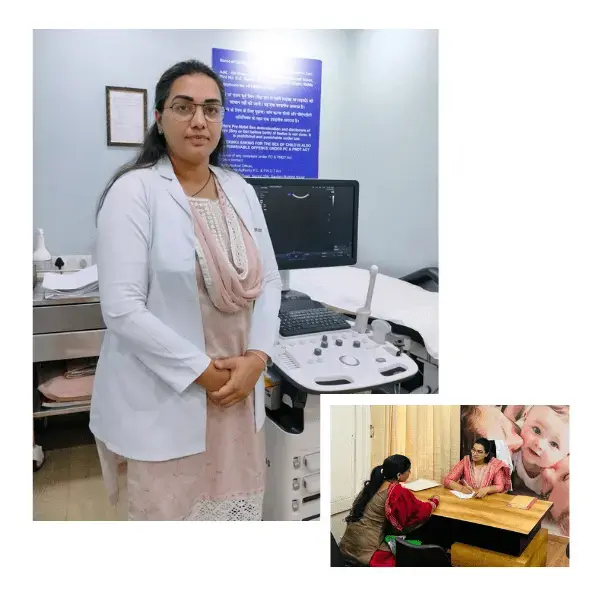What is Egg Freezing Treatment?
Egg freezing, also known as oocyte cryopreservation, is a fertility preservation technique that allows women to store their eggs for future use. This procedure is beneficial for women who wish to delay childbearing for personal or medical reasons, such as undergoing cancer treatment that may affect fertility. Here’s an overview of the egg freezing process:
Process of Egg Freezing
-
Ovarian Stimulation: Similar to the initial steps of IVF, women undergo hormonal stimulation to produce multiple eggs. Medications such as Follicle Stimulating Hormone (FSH) and Luteinizing Hormone (LH) are typically administered over a period of 10-14 days.
-
Monitoring: Regular ultrasounds and blood tests monitor the development of the ovarian follicles. This helps determine the optimal time for egg retrieval.
-
Egg Retrieval: Once the eggs are mature, they are retrieved from the ovaries using a fine needle under ultrasound guidance. This procedure is performed under sedation or anesthesia and usually takes about 15-20 minutes.
-
Cryopreservation: The retrieved eggs are immediately frozen using a process called vitrification, which involves rapid cooling to prevent the formation of ice crystals that can damage the cells. The eggs are then stored in liquid nitrogen at extremely low temperatures until needed.
-
Storage: The frozen eggs can be stored for several years, maintaining their viability until the woman decides to use them for conception.


When is Egg Freezing Recommended?
Egg freezing is recommended for various reasons, including:
- Age-Related Fertility Decline: Women in their late 20s to early 30s who wish to delay pregnancy can preserve their eggs while they are still of high quality.
- Medical Conditions: Women undergoing treatments like chemotherapy or radiation that may affect fertility.
- Career or Personal Reasons: Women who wish to delay childbearing due to career, education, or other personal reasons.
BEST IVF DOCTOR IN NOIDA
Advanced Technology and Expertise
Benefit from advanced reproductive technology and a team of highly experienced specialists dedicated to your success.
Comprehensive Care and Support
Receive tailored treatment plans and holistic support, including emotional counseling and nutritional guidance, throughout your journey.
High Success Rates & Satisfaction
Join our many satisfied patients who have successfully achieved their parenthood dreams thanks to our high success rates and compassionate care.



